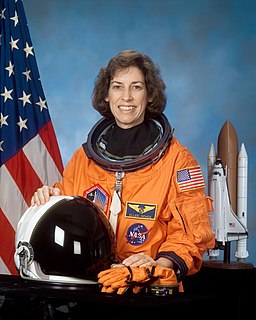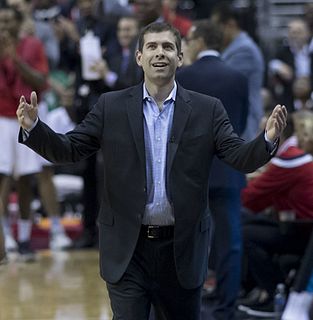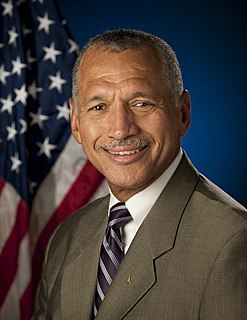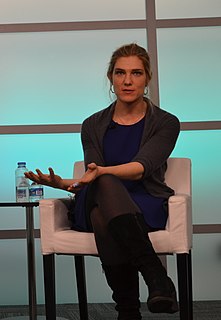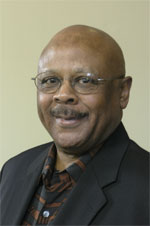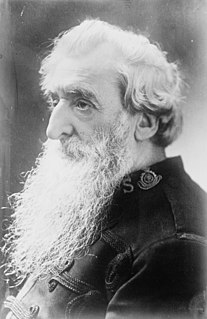A Quote by Ezra Taft Benson
We can and should place special emphasis on developing in our youth constructive incentives — a love of science, engineering, and math, so that they will want to take advanced scientific courses and thereby help meet the needs of our times.
Related Quotes
Shiv Nadar University has five schools with 16 departments offering 14 undergraduate, 10 master's and 13 doctoral programmes. The demand for engineering courses - computer science, engineering, electronics, communication engineering, mechanical engineering - is slightly on the higher side compared to other engineering courses.
When I became the NASA administrator — or before I became the NASA administrator — Barack Obama charged me with three things. One was he wanted me to help re-inspire children to want to get into science and math, he wanted me to expand our international relationships, and third, and perhaps foremost, he wanted me to find a way to reach out to the Muslim world and engage much more with dominantly Muslim nations to help them feel good about their historic contribution to science … and math and engineering.
When I got to college, I planned to be a math major, and, in addition to signing up for some math courses, I decided to take some philosophy. Quite by chance, I took a philosophy of science course in which the entire semester was devoted to reading Locke's Essay. I was hooked. For the next few semesters, I took nothing but philosophy and math courses, and it wasn't long before I realised that it was the philosophy that really moved me.
Yes, this is hard. But there should be no question that the United States of America is stepping up to the plate. We recognize our role in creating this problem; we embrace our responsibility to combat it. We will do our part, and we will help developing nations do theirs. But we can only succeed in combating climate change if we are joined in this effort by every nation - developed and developing alike. Nobody gets a pass.


